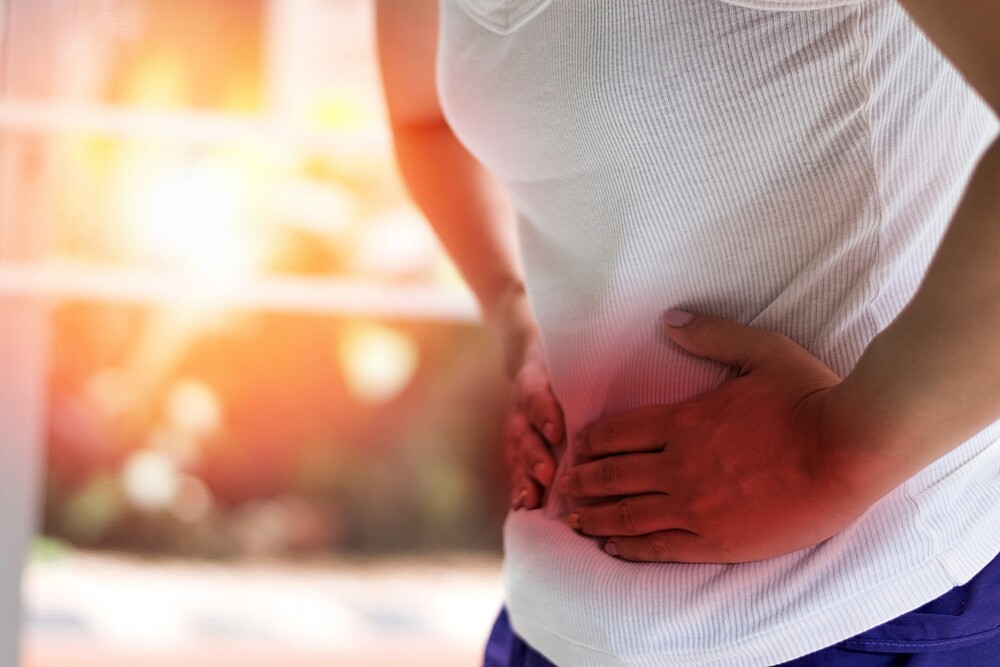Diverticulitis is not uncommon in Europe. You can find out here what diet is appropriate for diverticulitis.
Nutrition for Diverticulitis: These are The Foods You Should Rely on
- Fruit, especially berries
- Potatoes, rice, spelt noodles
- Finely ground muesli or bread
- All kinds of nuts and seeds (without salt)
- Fish and seafood (not breaded, fried or with mayonnaise)
- Still water and tea (unsweetened)
- Vegetables of all kinds (watch out for cabbage and pulses to avoid flatulence)
- Vegetable oils
- Meat: Lean poultry, salmon ham
- Eggs
- Milk products (unsweetened)
Nutrition in Acute Diverticulitis
- The nutrition depends strongly on the stage of diverticulitis. If the symptoms are severe, due to an inflammation of diverticulitis, it is important to take care of the intestine. Here it makes sense to rely on liquid food and a light diet for a few days. Of course in consultation with the doctor and the treatment carried out.
- When the inflammation subsides and the symptoms subside, you can eat light foods such as rusks and soup. Important: Avoid fatty and flatulent foods in your nutrition. Over time, you can gradually move towards fruit, vegetables and other recommended products.
What Can I Take after Diverticulitis?
- In consultation with your doctor and an analysis of the symptoms, you can adjust to a high-fibre diet, provided the diverticulitis is no longer acute.
- It is especially important to drink a lot now. This softens the stool in the intestine and prevents new diverticula from forming. Otherwise, foods rich in fibre in particular quickly lead to firmer stools if drinking is neglected.
Now Orient yourself by This Nutrition:
- Fruit and vegetables contain a lot of water themselves and also provide you with important vitamins and minerals. Legumes and cabbage often lead to a bloated condition, which does not have a positive effect on the diverticula. So see which foods you tolerate well. With tomatoes or carrots you are on the safe side.
- Go for whole grain. These contain a lot of dietary fibres and thus have a positive effect on the intestines.
- Avoid foods such as chocolate, bananas or white flour, which can lead to constipation.
- After the illness, slowly feel your way towards high-fibre foods and increase the amount continuously. At the same time, you also increase your drinking amount to a minimum of two litres per day. These consist of water or tea.
- Diverticula in the intestine can be injured by pointed or hard food. Therefore, rely on finely ground wholemeal flour and chew your food carefully.
- Also rely on probiotics to support the intestinal flora and good omega-3 sources like linseed oil, herring or salmon.
Difference between Diverticulosis and Diverticulitis
- According to medical terminology, people who have diverticula in the bowel but do not feel any symptoms suffer from diverticulosis. Normally, there are no symptoms and the affected persons do not know about it until an examination of the bowel.
- If symptoms are present and symptoms are perceived, this is called diverticulitis. Symptoms such as hardened stools and blood deposits are possible signs of diverticulitis.

